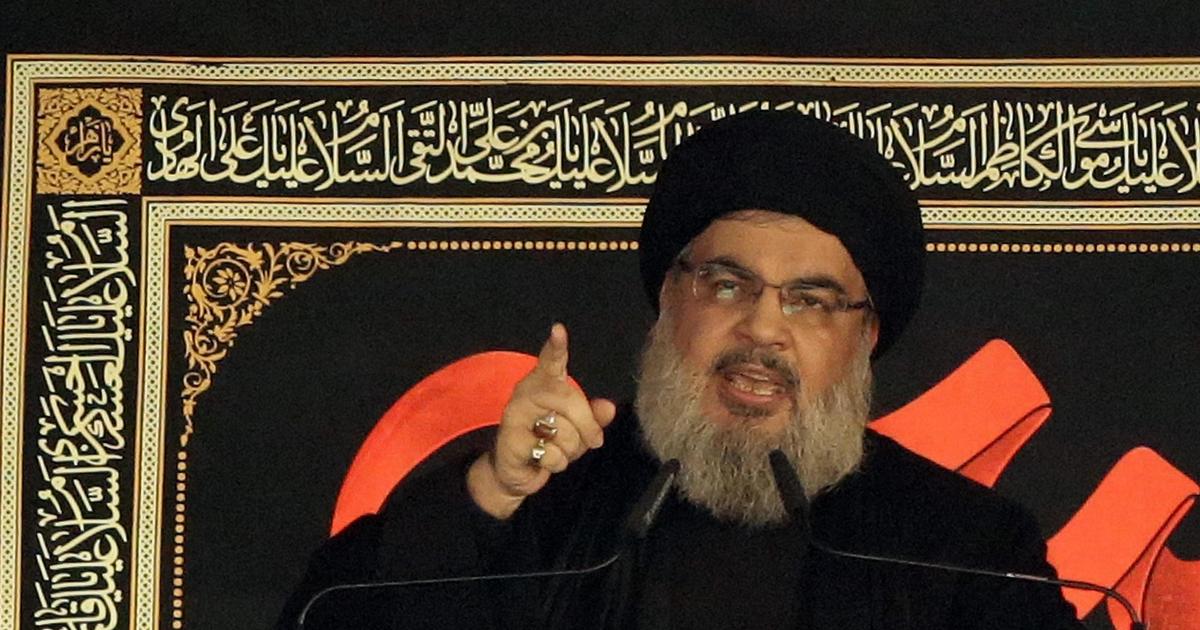Israel’s military operation in Lebanon has escalated significantly, culminating in the targeted killing of Hassan Nasrallah, the longtime leader of the Iran-backed Hezbollah. This event has shaken the region and drawn global attention, with implications for both the ongoing conflicts in Gaza and Lebanon and the broader Middle East landscape.
The Assassination of Hassan Nasrallah and its Impact
Israel’s airstrike in Beirut, claimed to have killed Nasrallah, marked a significant turning point in the conflict. Nasrallah, known for his fiery rhetoric and strong influence over the powerful Hezbollah paramilitary force, had become a symbol of resistance against Israel. His death leaves a void of leadership within Hezbollah, a void that could potentially affect the organization’s ability to wage war against Israel.
Implications for Hezbollah
The death of Nasrallah has raised numerous questions about the future of Hezbollah. It remains unclear how his absence will affect the organization’s internal power dynamics and its ability to maintain a unified front. Some analysts believe the group may experience internal turmoil as power struggles for leadership emerge, while others predict that Hezbollah’s leadership structure will ensure a smooth transition.
Israeli Goals and Strategies
Israel has stated its objective as degrading Hezbollah’s military capabilities and pushing the organization away from the border. This strategic shift, marked by a series of airstrikes and the potential for a ground invasion, reflects a move away from the previous approach of limiting operations to retaliation against Hezbollah attacks.
The Escalating Conflict in Lebanon
The recent Israeli strikes in Lebanon have escalated tensions and caused widespread destruction, displacing hundreds of thousands of Lebanese citizens. The strikes have also resulted in significant civilian casualties, raising concerns about the humanitarian crisis unfolding in the country.
The Role of the International Community
The international community is navigating a delicate situation. While recognizing Israel’s right to defend itself, many countries are calling for a ceasefire and a diplomatic solution to the conflict. However, there is no consensus on how to achieve these goals, as tensions escalate and the likelihood of a wider regional war increases.
US Involvement and Response
The US has expressed its support for Israel’s right to defend itself but has also called for de-escalation and a diplomatic solution. The US has also pledged to enhance the defense posture of US military forces in the region to deter aggression and reduce the risk of a broader regional war. The US is also involved in efforts to negotiate a deal that would release hostages held by Hamas and lead to a ceasefire between Israel and Hamas.
The Broader Implications
The death of Nasrallah and the escalating conflict in Lebanon have a profound impact on the broader Middle East. The region is now at a critical juncture, with the potential for a wider regional war escalating. The outcome of this conflict will have long-lasting ramifications for the security and stability of the region.
Take Away Points
- Nasrallah’s assassination marks a significant turning point in the conflict with Hezbollah. It has created a leadership void and uncertainty regarding the group’s future.
- Israel’s strategic shift towards a more aggressive approach is causing significant devastation and humanitarian crisis in Lebanon.
- The international community is struggling to navigate the escalation of conflict and reach a peaceful solution.
- The region is now at a critical juncture, with the potential for a wider regional war escalating.
The outcome of this conflict remains highly uncertain, with the region’s future hanging in the balance. Only time will tell how the events in Lebanon will ultimately play out, and what long-term implications they will have for the Middle East.




